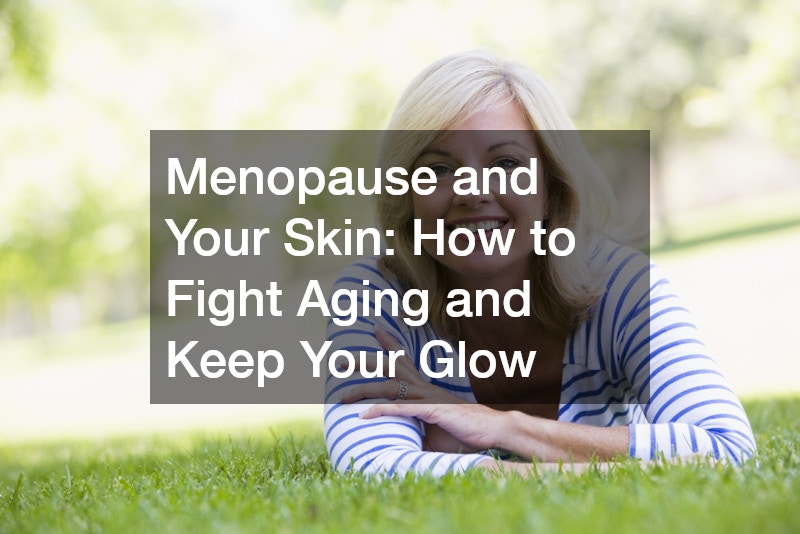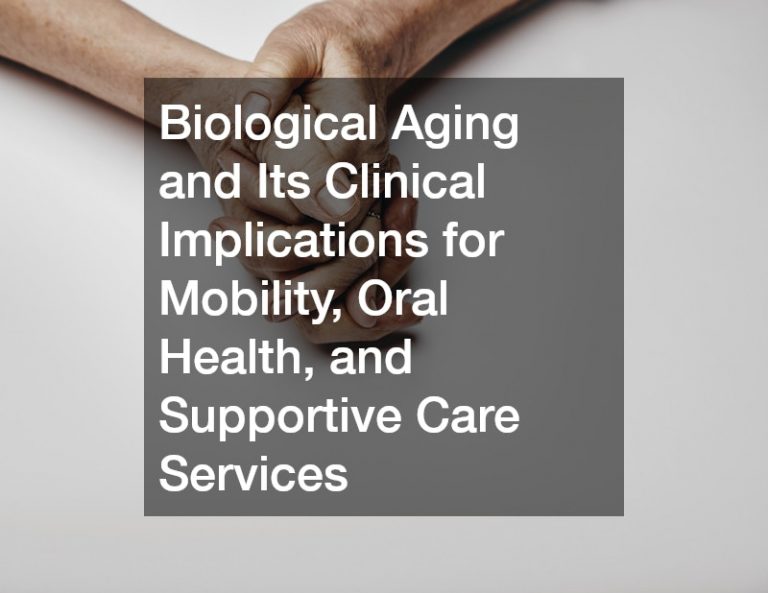
Menopause is a major transition in every woman’s life, often accompanied by a host of changes in both body and mind. While much of the conversation centers on symptoms like hot flashes, mood swings, and sleep disturbances, one critical aspect that deserves attention is how menopause impacts the skin. As estrogen levels fluctuate and eventually decline, women may notice changes in their skin’s texture, tone, and overall appearance. Luckily, there are ways to counteract these changes and maintain a radiant, youthful glow.
The Impact of Estrogen on Your Skin
Estrogen is one of the key hormones that helps regulate various functions in the body, including skin health. It plays a crucial role in collagen production, skin thickness, hydration, and elasticity.
As estrogen levels drop during perimenopause and menopause, skin tends to become thinner, less firm, and more prone to dryness and sagging. The loss of this hormone also contributes to a decrease in collagen production—collagen being the protein responsible for keeping your skin plump and youthful.
Without sufficient estrogen, the skin’s natural cell turnover slows down, making it harder to shed dead skin cells and renew the skin barrier. This can result in dull, flaky skin that shows the signs of aging more prominently.
What Happens to Your Skin During Menopause?
One of the most noticeable changes during menopause is the thinning of the skin. This isn’t just limited to the face; it affects your whole body. When skin thins, it becomes more susceptible to damage, including dryness, irritation, and even more serious conditions like recurrent urinary tract infections (UTIs). This is because the skin in sensitive areas like the vaginal region also thins and dries out, making women more prone to infections. In extreme cases, vaginal atrophy can occur, where the tissue becomes thinner and less elastic.
Furthermore, you might see a return of skin conditions you thought were long behind you. Eczema, acne, and even acne rosacea can flare up during menopause, leading to inflamed, red, or flaky patches on the skin. Hormonal fluctuations are largely to blame for these changes, but there are ways to combat them.
Restoring Balance With Localized Estrogen
One highly effective treatment for skin issues associated with menopause is the use of localized estrogen. Available in the form of creams, pellets, or pessaries, localized estrogen can help restore moisture and thickness to the skin, particularly in areas prone to dryness and irritation. It’s a safe and targeted way to address specific issues like vaginal dryness, and it can be especially beneficial for preventing recurrent UTIs in post-menopausal women.
Localized estrogen isn’t absorbed into the bloodstream, making it a safe option even for women who may not want or need systemic hormone replacement therapy (HRT). By delivering estrogen directly where it’s needed, this treatment can provide fast and effective relief from uncomfortable symptoms.
Collagen Supplementation: Is It Worth It?
Beyond localized estrogen, collagen supplements can also be a helpful addition to your skincare routine. Collagen is the scaffolding that holds your skin together, providing structure and elasticity. Unfortunately, collagen production begins to decline as early as your 30s, and menopause accelerates this process.
Taking collagen supplements in pill or powder form can help to rebuild some of the lost collagen, resulting in firmer, plumper skin. Some studies suggest that taking hydrolyzed collagen can improve skin hydration and elasticity, making it a worthwhile option for menopausal women looking to maintain their youthful glow.
Moisturize, Moisturize, Moisturize!
Hydration is one of the most important steps in fighting menopausal skin aging. As estrogen levels decline, the skin’s ability to retain moisture diminishes, leading to dryness and dullness. Using a high-quality moisturizer can go a long way in counteracting these effects.
When choosing a moisturizer, look for one that contains hyaluronic acid, ceramides, and glycerin. These ingredients help lock in moisture and strengthen the skin’s natural barrier. Applying a double layer of moisturizer—especially during colder months when indoor heating dries out the air—can help keep your skin hydrated and supple. Don’t forget to extend your moisturizing routine to your neck, chest, and hands, as these areas are also prone to dryness and show signs of aging.
Adding a renewal serum for skin to your routine can also enhance your skin’s natural repair processes, helping to maintain a youthful glow. These serums are designed to support cell turnover and collagen production, which is essential for menopausal skin.
Incorporating Phytoestrogens Into Your Routine
For women who prefer more natural solutions, phytoestrogens—plant-based estrogens—may be worth exploring. These compounds mimic the effects of estrogen in the body and are commonly found in skincare products formulated to support menopausal skin. Ingredients like soy, red clover, and flaxseed are rich in phytoestrogens and can help improve skin elasticity and moisture levels.
Skincare products containing phytoestrogens are gaining popularity for their ability to enhance collagen production and maintain skin health without the use of synthetic hormones. Incorporating these products into your daily routine could provide a natural boost to your skin’s appearance.
Stay Hydrated From the Inside Out
Hydrating your skin from the outside with moisturizers is important, but don’t neglect the inside! Drinking plenty of water throughout the day is crucial for maintaining overall skin health. Dehydration can exacerbate dryness and make wrinkles more prominent, so make sure you’re sipping water regularly, especially as you age.
In addition to water, consuming foods high in omega-3 fatty acids—like salmon, chia seeds, and walnuts—can help improve your skin’s moisture barrier. Omega-3s support healthy cell membranes, which in turn help your skin retain moisture.
Closing Thoughts
With these tips, you can manage the skin changes of menopause and maintain your glow well into the future. Your skin is a reflection of your overall health, so taking care of it is essential to get through menopause with grace and radiance.
.








